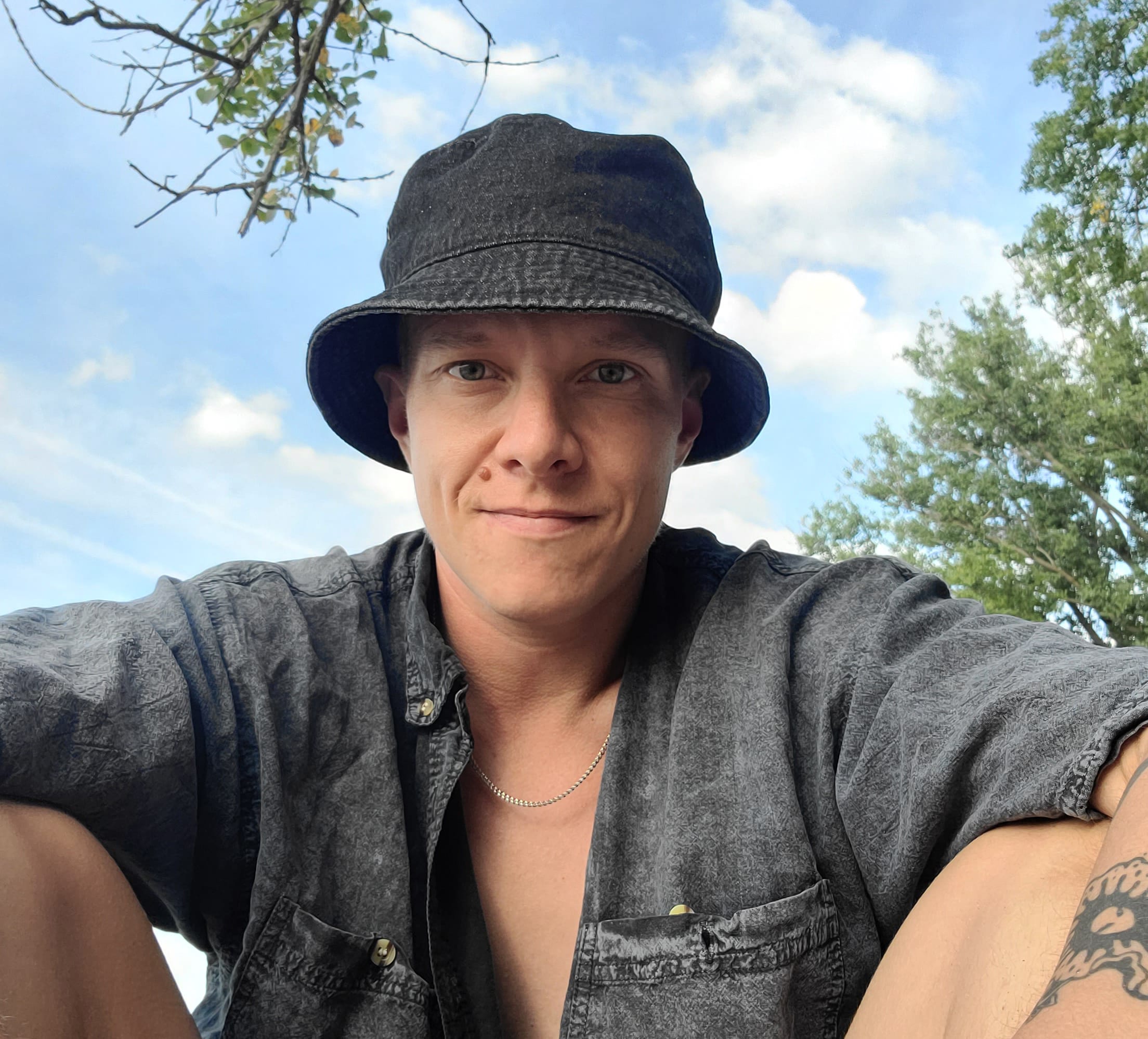“The first time I went to treatment was fun, but I didn’t learn too much,” Elliot admits.
Prior to Renascent, “my big goal was hitting 90 days,” they say. “I wasn’t able to do it. I was 83 days in when it crossed my mind to have a drink and I gave in. What I thought was going to be that one drink was a snowball.”
In hindsight, Elliot recognizes that many factors impacted their recovery.
“I was spending a lot of time navigating gender,” they explain, and was not yet open about their identity. “Being out was important to me. I didn’t know what to expect, but at Renascent I was open about being trans and everyone was super receptive.”
Still, “going into a single gender treatment centre was nerve wracking,” Elliot recalls. “At first, I didn’t understand the value of single gender treatment. But then I saw all of these displays of positive masculinity, of people saying ‘I love you’ and being vulnerable.
“Now I see why it is so valuable: I got to have a really wholesome experience where I was one of the guys. The staff were supportive in just the right way, where I didn’t feel singled out.”
As Elliot began to make peace with themself, they also found solace in slowing down. “Before recovery, I always used to be looking for the next thing to do. Everything was a hurried motion to the next thing,” they say. “I spent all of my twenties worried that I was behind my peers. Now I know it’s okay for me to take the time and not rush into something. I am being patient with myself.”
And to avoid setbacks, today Elliot is nurturing a new lifestyle.
“Prayer, breakfast, coffee, meditation,” they note. “I’m maintaining the baseline and slowly adding things on. I’m relearning basic life skills. I work as a nanny, and I do some volunteer work. I’m reading books again. I want to go back to school.”
For Elliot, everything has changed. “When you go to treatment, you learn how to laugh again. You remember that you are not a bad person. You add a bit of levity to life – which is so important.”
For those contemplating a second attempt at recovery, Elliot offers this: “If you’ve been to treatment, you come in thinking you know enough about something. Let that slide. Be open to the staff at Renascent and use all of the support that becomes available to you. I had so many ‘ah-ha’ moments in treatment.”
Above all, they say, know there is hope.
“Treatment is the next step that gets you back to functioning in the world,” Elliot says. “Many of us have been marginalized. We can’t just ‘go back to things.’ I needed a lot of support, on many levels, to get to a year sober.
Today, my baseline level of contentment is better. I’ve spent a lot of my life in comparison with others. Recovery is helping me let go. Treatment is such a special place.”

